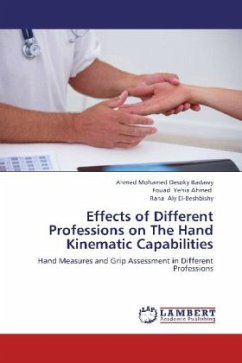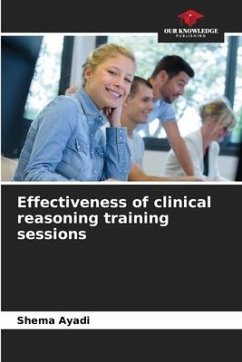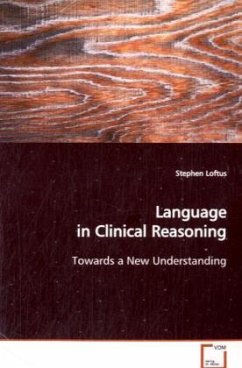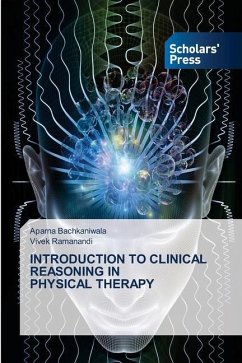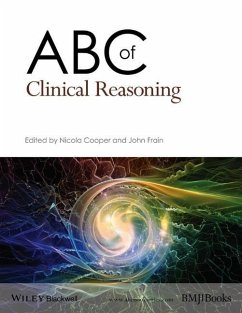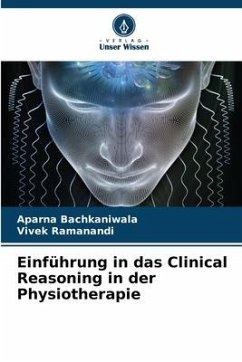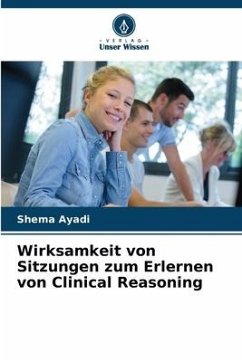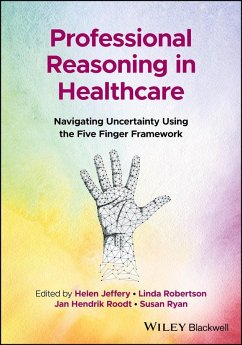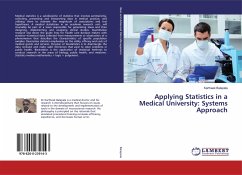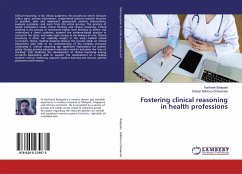
Fostering clinical reasoning in health professions
Versandkostenfrei!
Versandfertig in 6-10 Tagen
41,99 €
inkl. MwSt.

PAYBACK Punkte
21 °P sammeln!
Clinical reasoning, is like clinical judgment, the process by which clinicians collect signs, process information, comprehend patient's medical situation or problem, plan and implement appropriate medical interventions, evaluate outcomes, and learn from this entire process. The practice of health professions needs critical thinking and clinical reasoning. Critical thinking is the process of intentional higher level thinking to define and understand a client's problem, examine the evidence-based practice in caring for the client, and make right choices in the delivery of care. Clinical reasonin...
Clinical reasoning, is like clinical judgment, the process by which clinicians collect signs, process information, comprehend patient's medical situation or problem, plan and implement appropriate medical interventions, evaluate outcomes, and learn from this entire process. The practice of health professions needs critical thinking and clinical reasoning. Critical thinking is the process of intentional higher level thinking to define and understand a client's problem, examine the evidence-based practice in caring for the client, and make right choices in the delivery of care. Clinical reasoning is often not explicitly taught in the early medical school curriculum. Hence, medical students observe the process while on clinical placements with little or no understanding of the complex processes underlying it. Clinical reasoning got significant implications for patient safety. During practice placement educators need to articulate the "way of thinking" that facilitates the development of clinical reasoning among students. Developing skills to support the development of a medical student's clinical reasoning supports student learning and ensures optimal placement performance.




